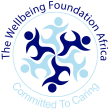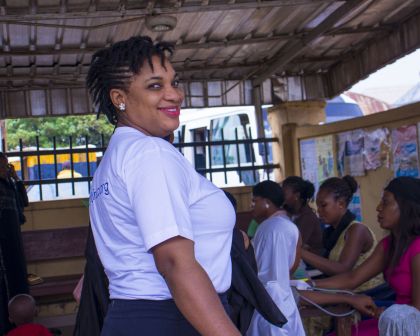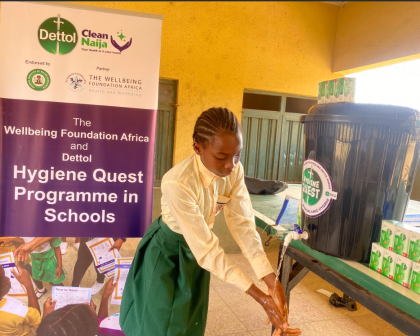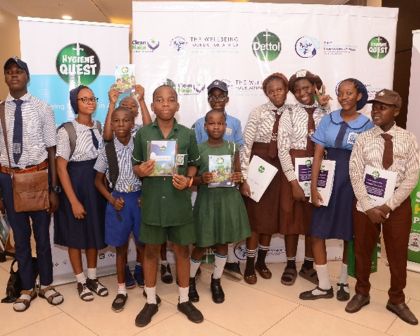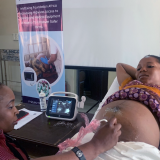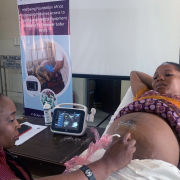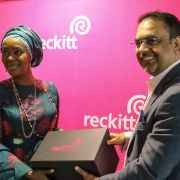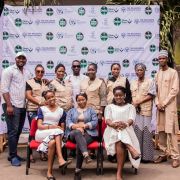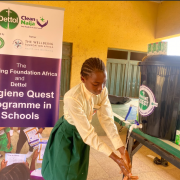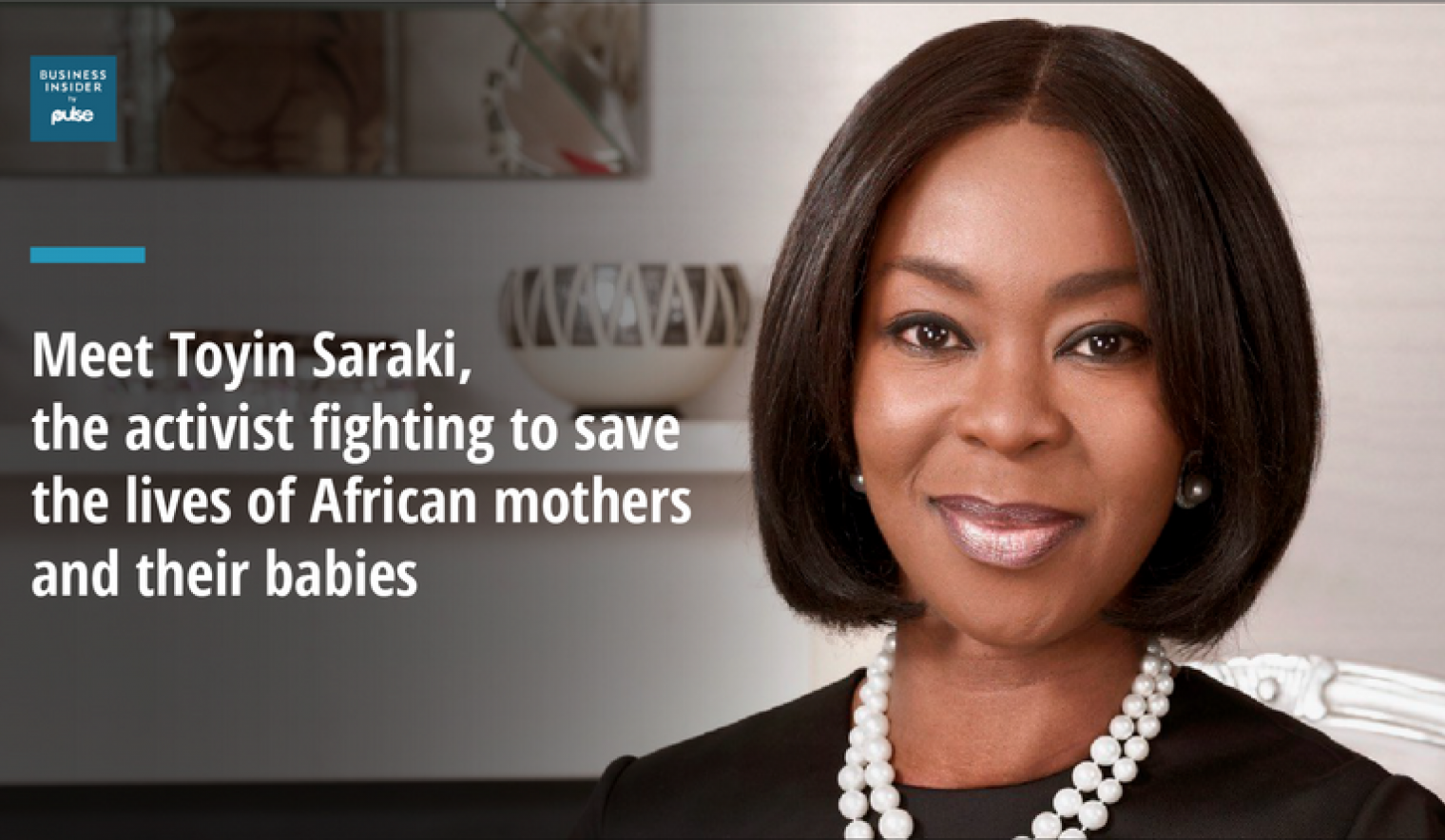
Meet Toyin Saraki, the activist fighting to save the lives of African mothers and their babies by cutting down the maternal mortality rate
Toyin Saraki is the President/Founder, the Wellbeing Foundation Africa.
Maternal mortality and the wellbeing of new mothers and their newborns is an issue that hits close to home for her.
On December 6, 1991, she gave birth prematurely to twins, 3 months before their due date. One of the twins died while the nurses struggled to keep the other alive.
I meet Toyin Saraki in the restaurant at Radisson Blu Hotel, Kigali. Ambient music seeps from the ceiling speakers into my ears. The air is calm and cool, a distinct contrast to the buzz and heat outside the adjoining Kigali Convention Centre where several activities are taking place for the Africa Health Agenda International Conference.
Mrs Saraki’s charisma matches the warm, yellow glow of the lights in the room. Her voice is mellifluous, coming out in near-whispers. I introduce myself and take a seat across the table to begin our conversation. We are flanked by two members of her team and a PR friend I’d just made at the convention who helped set up the meeting.
Earlier in the day, Mrs Saraki was on a panel with Sarah Opendi, Uganda's State Minister for Health, discussing social accountability for Universal Health Coverage, a main topic of the conference.
One of the most pressing topics of discussion was how much of the world’s health problems happened in Africa (24%) while only 3% of all the health workers in the world were African. Mrs Saraki’s foundation, the Wellbeing Foundation Africa, is helping solve this problem, particularly through a programme that hires and trains only local midwives.
Maternal mortality and the wellbeing of new mothers and their newborns is an issue that hits close to home for her.
Within the 24 hours between December 6 and 7, 1991, she gave birth prematurely to twins, 3 months before their due date. One of the twins died while the nurses struggled to keep the other alive. Still, within those 24 hours, she got married.
The experience inspired her to make a promise to God that she would help as many women as she could who do not have access to the kind of network and resources that she did. Thus, her career as an activist -- an Unlikely Activist, as she calls herself -- began.
“I think if the Wellbeing Foundation Africa has done something, it has brought reproductive health onto the front burner of issues in Nigeria, and quite rightly so because Nigeria is one of the highest contributors to maternal death worldwide,” she says about the foundation she started in 2004.
“When I started the foundation, we used to have about 1 in 6 Nigerian women dying in childbirth and I almost became one of those statistics myself, which is why I started the foundation in the first place. Now, between that time, 2004, and today, 2019, we've improved considerably. I think now, a Nigerian woman has a one in 14 chance of dying in childbirth. It's quite a big jump to go from 1 in 6 to 1 in 14, but 1 in 14 is still too much. A woman in Finland has one in 4,000 chance of dying at childbirth.”
Nigeria has the 4th highest maternal mortality rate in the world but is projected to become number one by 2021, according to the World Bank.
Currently, Finland, Greece, Poland, and Iceland, have the lowest maternal mortality rates in the world (3), according to World Bank data. All the other three countries with worse figures than Nigeria are still African -- Sierra Leone, the Central African Republic, and Chad. Just below Nigeria on the list are South Sudan, Somalia, and Liberia in that order.
Mrs Saraki tells me that the first 10 years of the foundation’s work focused primarily on trying to convince policymakers and governments to do the right thing by pregnant women and their newborns. However, everything changed when she became the global goodwill ambassador for the International Confederation of Midwives, she says. That’s when she saw more closely the kind of work midwives were doing with women.
The new insight motivated the foundation to start Mamacare, an initiative designed to inform and take care of expecting mothers and their babies after they’re born.
“The midwifery-lead Mamacare classes, first of all, seemed to increase hospital attendance of women in the surrounding communities, to the extent that even the medical directors of the hospitals were telling our midwives that the only day antenatal is full is when the Wellbeing Foundation Mamacare midwives are around,” she says.
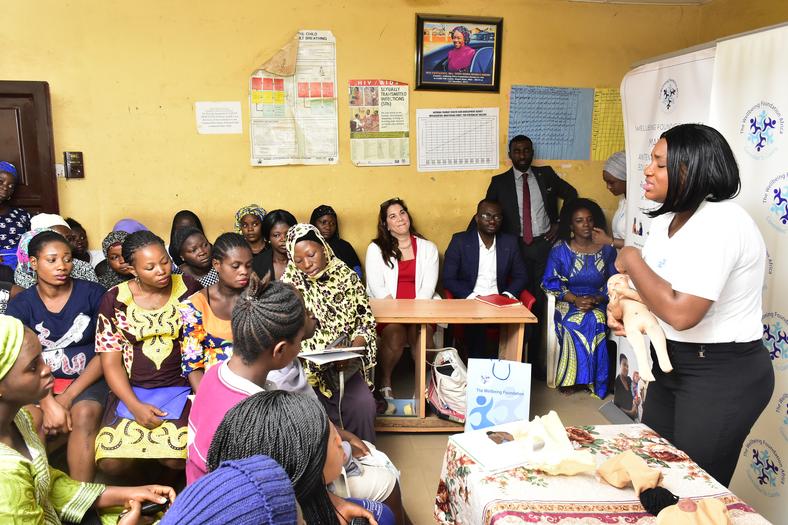
“What we discovered is that the programme made the women proper autonomous agents in their own outcome. So, for instance, a mother who has been to 8 Mamacare classes, one for each month before pregnancy, will know what a placenta looks like, she knows what a placenta is supposed to look like when it has been brought out the correct way, she knows what it looks like when her placenta is not complete and she knows that that could put her at risk of death.”
At this point in our conversation, her tone becomes sombre.
“A couple of days ago,” she says, “I was looking at old pictures with my team and there was this particular group picture from a programme I used to run in 2004. It was called ‘Twins and Multiple Births Assistance, I've stopped it now. But back then, having multiple births put you at high risk of dying.
“The picture was full of old women carrying little babies. Most of them were twins. The old women were the grandmothers. The mothers had died in childbirth. Through that programme, we helped the grandmothers with money to buy formula because they could not breastfeed and look after the babies. It is a known fact that if a mother dies in childbirth, the child runs a 50% greater risk of dying before the age of one.”
Left to the government, the future does not look bright for Nigeria and maternal mortality rates. Nigeria’s health allocation has been consistently less than 5% of its total budget in the last 3 years. And even that percentage is for basic healthcare provision.
Access to clean water is still a big problem for several hospitals, contributing directly to poor hygiene and sanitation. Water, sanitation and hygiene (WASH) coverage in healthcare facilities in Nigeria is only 22%. So, if the first drink of water a baby has is likely from an unclean source, what then are the babies chances of surviving and living a full, healthy life?
As with most problems in Nigeria, the solution lies in the hands of private and non-profit organisations like Mrs Saraki’s. And she believes that with the help of global partners, as has been proven thus far, these problems are not insurmountable.
Source: Pulse Nigeria
Share this Article
